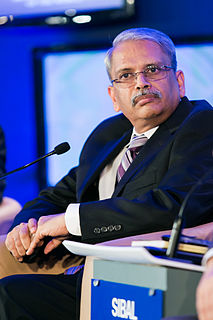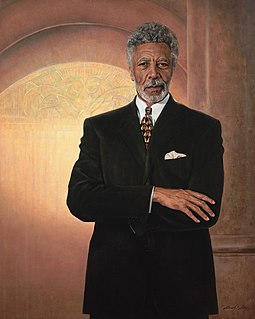A Quote by Rutger Bregman
No one is suggesting societies the world over should implement an expensive basic income system in one stroke.
Related Quotes
The problem that we have is some of the more vocal countries, which parade themselves as Islamic countries, are, in fact, brutal dictatorial regimes. We don't accept them as being Sharia at all, because, what they tend to do, is they tend to just implement several aspects of the penal code and one or two morsels of the social system, but the rest of the system, like providing the basic needs and the social aspects of society and an education system, is completely ousted.
Societies that exclude the exoskeleton of religion should reflect carefully to what will happen to them over several generations. We don’t really know, because the first atheistic societies have only emerged in Europe in the last few decades. They are the least efficient societies ever known at turning resources (of which they have a lot) into offspring (of which they have few).
I often felt myself the lone voice in discussions suggesting that basic democratic principles be followed. I recommended that not only should workers' voices be heard, but they should actually have a seat at the table. You have the old boys' club discussing how the old boys' club should be reformed.




































